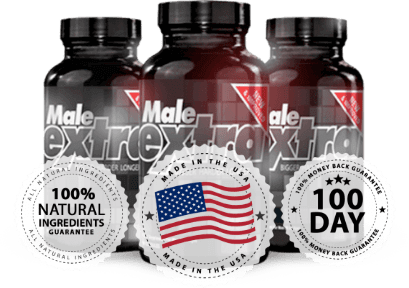Lifestyle factors such as diet and exercise play a significant role in the effectiveness of supplements for sexual dysfunction. These factors can enhance or diminish the benefits of supplements by influencing overall health, nutrient absorption, and physiological processes related to sexual function. Here’s how:
- Balanced Diet: A diet rich in whole foods, including fruits, vegetables, lean proteins, and healthy fats, supports overall health and enhances the absorption and effectiveness of supplements. For instance, fat-soluble vitamins (A, D, E, K) require dietary fat for optimal absorption.
- Avoiding Processed Foods: Processed foods often contain additives and unhealthy fats that can interfere with the body’s ability to utilize nutrients effectively.
- Specific Nutrient Pairings: Certain foods can improve the bioavailability of supplements. For example, vitamin C can enhance the absorption of iron, and black pepper can increase the bioavailability of curcumin.
- Improved Circulation: Regular physical activity enhances blood flow, which is crucial for sexual function. Good circulation ensures that nutrients and supplements are efficiently transported throughout the body, including to the reproductive organs.
- Hormonal Balance: Exercise helps regulate hormones like testosterone and cortisol. This balance is important for sexual health and can enhance the effectiveness of supplements aimed at improving libido and erectile function.
- Stress Reduction: Exercise reduces stress and anxiety, which are common contributors to sexual dysfunction. By lowering stress levels, exercise can improve the efficacy of supplements targeting sexual health.
- Reduced Inflammation: Maintaining a healthy weight through diet and exercise reduces inflammation, which can negatively impact sexual health. Supplements such as omega-3 fatty acids and antioxidants can be more effective when the body is in a lower inflammatory state.
- Improved Hormone Levels: Excess body fat, especially abdominal fat, can lower testosterone levels and increase estrogen levels in men, contributing to sexual dysfunction. Weight management can help maintain optimal hormone levels, enhancing the effects of testosterone-boosting supplements.
- Hormone Regulation: Adequate sleep is essential for the regulation of hormones like testosterone and growth hormone, which are important for sexual function. Supplements such as magnesium and melatonin can support better sleep, further enhancing sexual health.
- Energy Levels: Proper rest and recovery ensure higher energy levels, which are crucial for both sexual performance and the effectiveness of supplements aimed at boosting energy and libido.
- Mental Health: Chronic stress can lead to sexual dysfunction by increasing levels of cortisol, which negatively impacts sexual desire and performance. Supplements such as ashwagandha and Rhodiola rosea can help manage stress, but their effectiveness is enhanced when combined with stress-reducing activities like yoga, meditation, or regular physical exercise.
- Lifestyle Choices: Engaging in activities that promote relaxation and well-being can improve the efficacy of supplements designed to reduce anxiety and improve sexual function.
- Smoking: Smoking can impair blood flow and reduce nitric oxide levels, leading to erectile dysfunction. Quitting smoking can improve the effectiveness of supplements like L-arginine, which relies on nitric oxide pathways to enhance blood flow.
- Alcohol: Excessive alcohol consumption can lead to hormonal imbalances and liver damage, reducing the effectiveness of supplements. Moderate alcohol intake is advised to ensure that the liver can effectively process nutrients and supplements.
An integrative approach that combines a healthy lifestyle with appropriate supplementation is often the most effective strategy for addressing sexual dysfunction. Here’s a summary of how lifestyle factors complement supplement use:
- Diet: Ensures the body has the necessary building blocks for optimal health and enhances the absorption of supplements.
- Exercise: Improves circulation, hormonal balance, and reduces stress, all of which can amplify the benefits of supplements.
- Weight Management: Reduces inflammation and maintains hormone levels, boosting the effectiveness of supplements.
- Sleep: Supports hormonal balance and energy levels, making supplements more effective.
- Stress Management: Reduces cortisol levels, enhancing the impact of stress-relief supplements.
- Avoidance of Harmful Habits: Prevents negative interactions and ensures that the body can properly utilize supplements.
Lifestyle factors such as diet, exercise, sleep, and stress management significantly influence the effectiveness of supplements for sexual dysfunction. By adopting healthy habits and avoiding detrimental behaviors, individuals can enhance the efficacy of their supplement regimen, leading to better sexual health and overall well-being. Always consult with a healthcare provider to tailor lifestyle changes and supplement use to individual needs.






